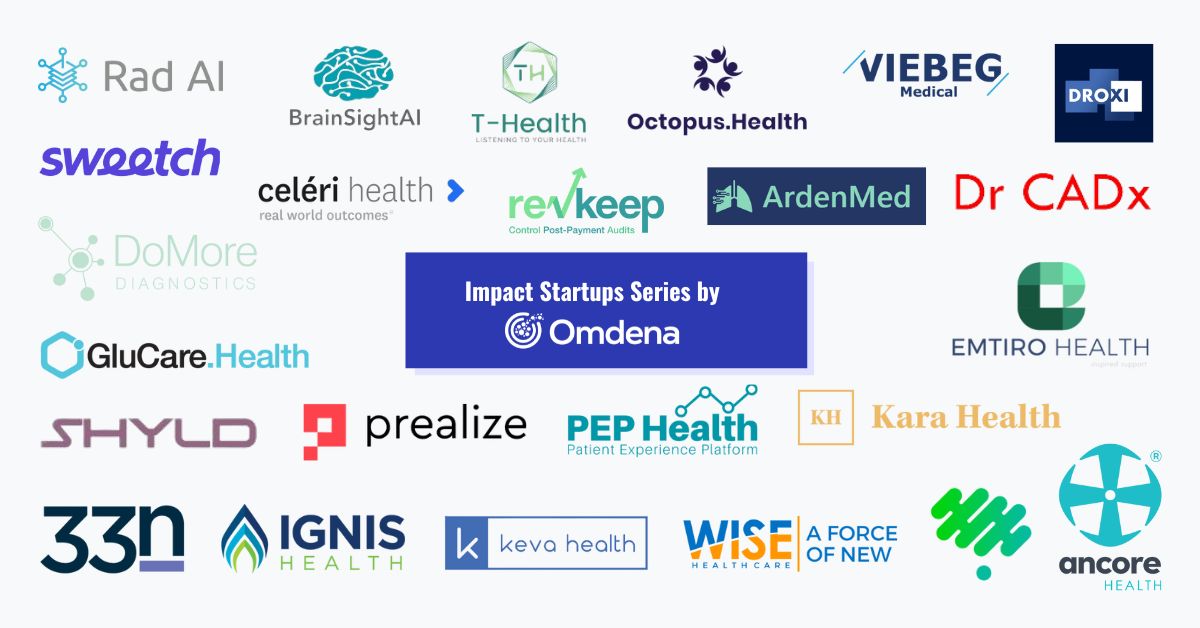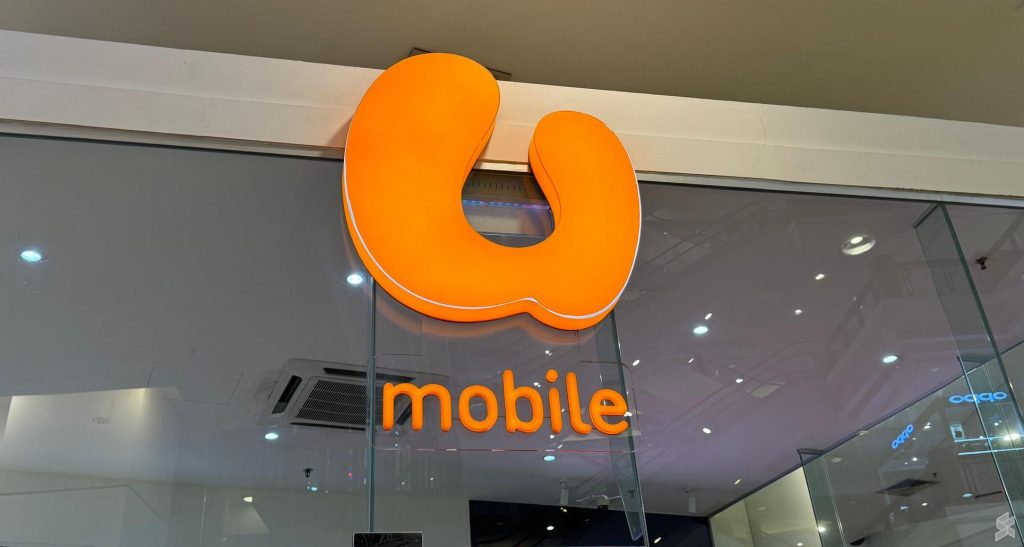
Startups that develop business applications using AI software that generates source code and images are attracting the attention of enterprise technology leaders and large investors.
This application, known as generative AI, uses data-intensive artificial intelligence capabilities such as deep learning and neural networks to recognize basic patterns in various types of books, articles, photographs, drawings, and paintings taken from a large collection of collected digital sources. Based on suggested keywords, generative AI platforms can then mimic those sources to create their own whimsical stories and images.
At first glance, generative AI may seem more like a curiosity than a technical enterprise tool,” said Peter van der Putten, director of the AI Lab at software company Pegasystems Inc.
“Creating cute corgi images in a sushi bar is not a viable business case, at least not for a large company,” says van der Putten. However, according to him, “generative AI startups are popping up left and right in areas like marketing, support, maintenance and other content creation.”
Jasper, an Austin, Texas-based startup founded last year, has developed a generative artificial intelligence platform designed to automatically generate blog posts and other marketing materials.
Amid a sharp decline in venture capital deals last week, Jasper announced a $125 million Series A funding round, bringing the private market valuation to over $1 billion, the company said in a report. The investors are Insight Partners, Coatue and Bessemer Venture Partners.
Other generative AI startups offering enterprise applications include Replicar, a New Zealand-based startup that uses generative AI to create customer service avatars, and Dutch startup Musico Ltd., which is used to create original free advertising jingles. GoCharlie.AI, a San Francisco-based startup, launched an AI-powered generative marketing assistant in May to create social media promotional posts.
“Our early adopters were neither techies nor losers,” said Dave Rogenmoser, CEO of Jasper. "They're marketers, creators, and everyday business leaders in a wide variety of industries."
Jasper has had over 80,000 subscribers since its launch. The company charges businesses for access to the AI content platform and sets the price based on the number of words generated by the AI. After its first full year of operation, Jasper generated $35 million in revenue, according to the company.
According to Bessemer partner Sameer Dholakia, Jasper's clients range from entrepreneurs to digital marketing agencies to Fortune 500 companies. “Generative AI will fundamentally change the way CIOs approach innovation,” Dholakia said.
The commercial value of generative AI, with the promise of saving hours of productive time when creating promotional materials, is always clear.
“But the technology infrastructure didn’t exist until recently,” Dholakia said, citing major open source resources developed by artificial intelligence labs like OpenAI and Cohere.
Ritu Jyoti, global vice president of artificial intelligence and automation at research firm International Data Corp., said that generative artificial intelligence in the computing market is gaining momentum thanks to “better models, more data, more calculations and better economics.”
Analysts say this bait attracts large IT solution providers. Microsoft has invested heavily in OpenAI, a San Francisco-based software maker that developed GPT-3 and Dall-E 2, the revolutionary languages and image models at the heart of many generative AI tools. Microsoft is expected to increase its investment in OpenAI this year.
Google Alphabet Inc. and DeepMind Technologies, its UK AI subsidiary, have also released giant language models, as well as Meta Platforms Inc., all of which can be downloaded for study. Stability AI, a London- and San Francisco-based startup that announced a $101 million seed funding round last week, launched an open-source text-to-image generator in August that has been used by more than 200,000 people since then. . licensed to over 200,000 software developers worldwide. the company said.
Salesforce Inc., another enterprise computing giant, is using generative artificial intelligence techniques to create computer code generators designed to save software developers time, said Silvio Savarese, chief scientist at Salesforce.
“They can describe the problem they are trying to solve in simple terms,” says Savarese. The generator then generates a unique code needed to complete it, he said. The Salesforce tech team developed the entire app in-house, according to a company spokesperson.
Rowan Curran, an AI and data science analyst at computer research firm Forrester Research Inc., said he expects generative AI to impact companies from the top down.
However, he says, "The use of text-to-image generators for inspiration, ideas, and prototyping for marketers, designers, and developers is still in its infancy."
Email Angus Loten at [email protected]
Copyright © 2022 Dow Jones & Company, Inc. All rights reserved. 87990cbe856818d5eddac44c7b1cdeb8







Your article helped me a lot, is there any more related content? Thanks!